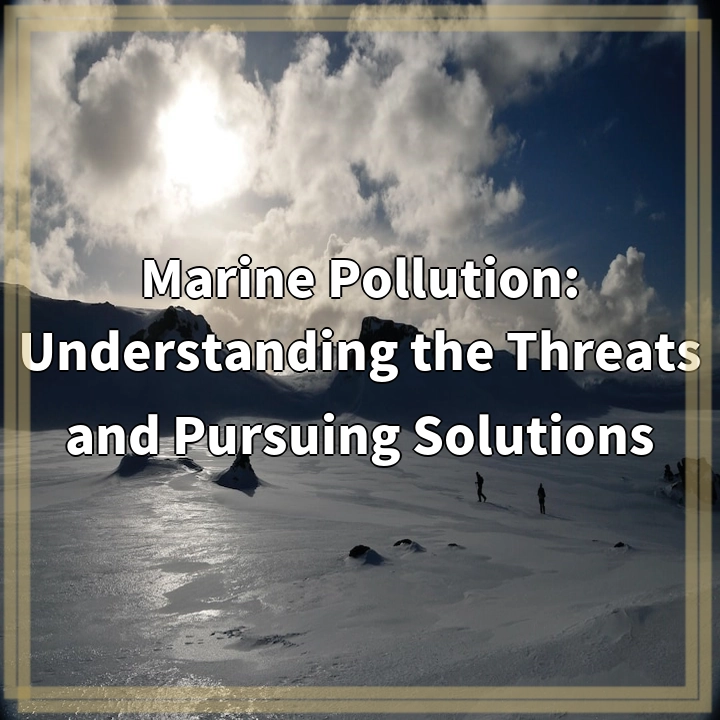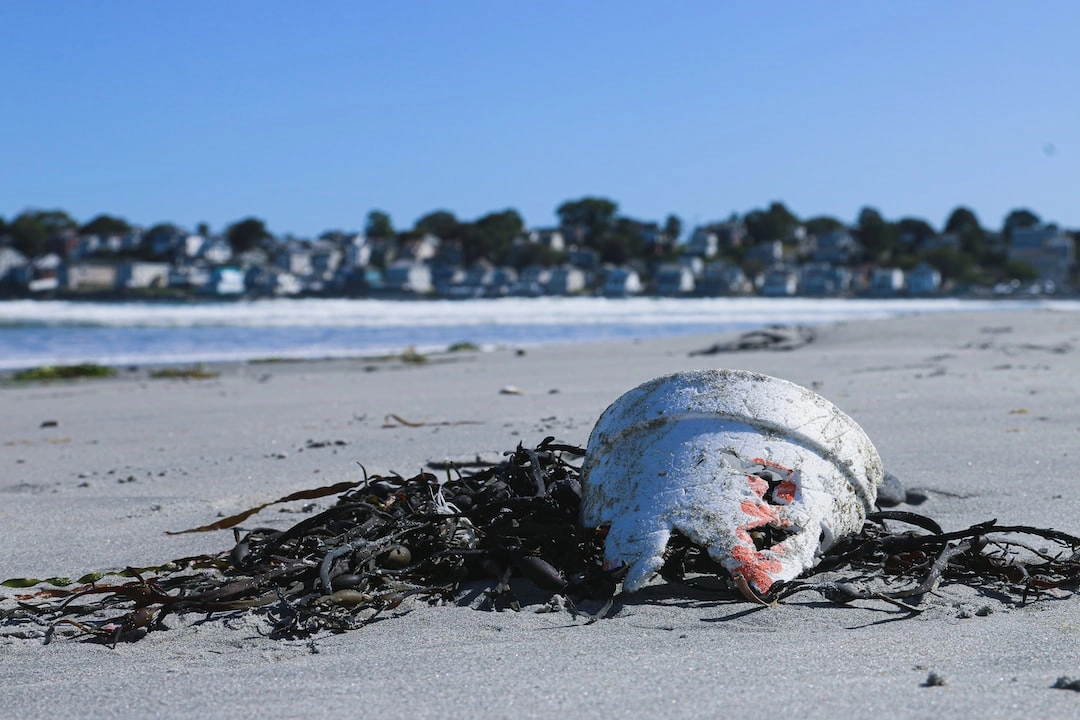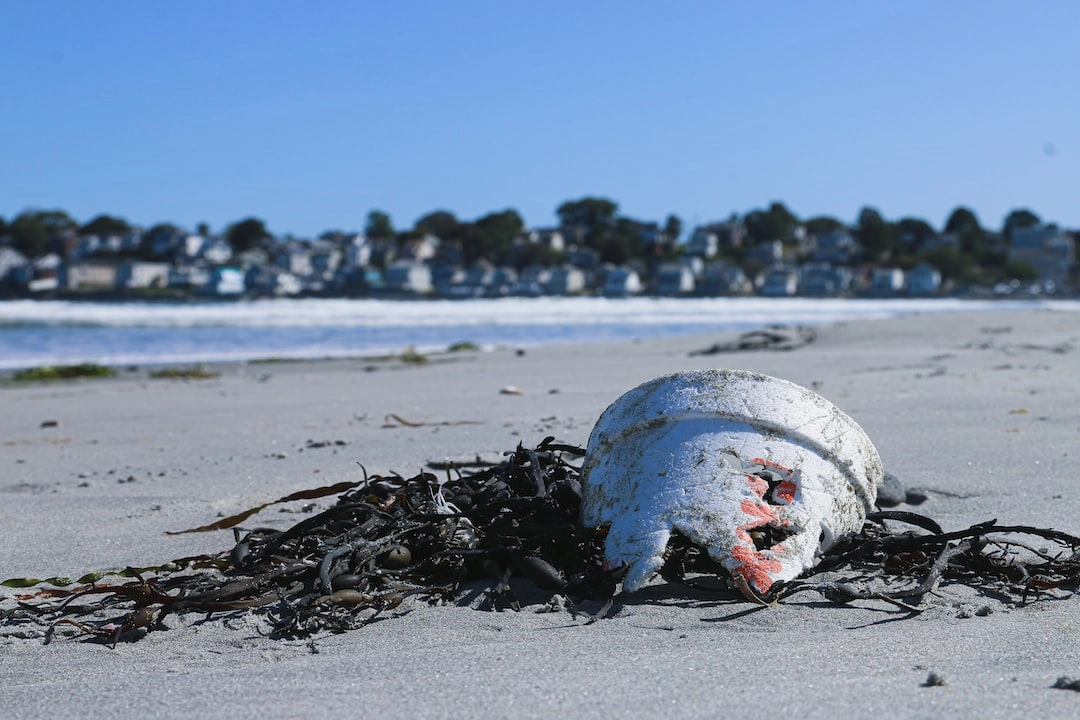
What is Marine Pollution?
Marine pollution refers to the introduction of harmful substances or pollutants into the ocean and other bodies of water, resulting in adverse effects on marine ecosystems, wildlife, and human health. This pollution can occur through various sources, including industrial activities, agricultural runoff, sewage discharge, oil spills, and improper waste disposal.
The Real-World Problems with Marine Pollution
1. Impact on Marine Life: Marine pollution poses a grave threat to the diverse and fragile ecosystems in our oceans. Toxic substances, such as heavy metals, chemical pollutants, and plastics, can contaminate the water and accumulate in the bodies of marine organisms. These pollutants can disrupt their reproductive systems, impair their immune systems, and lead to diseases and death. Additionally, plastic debris can entangle marine animals, causing injuries and hindering their ability to swim, eat, and reproduce.
2. Threat to Biodiversity: Marine pollution can have significant ramifications for the biodiversity of our oceans. The introduction of pollutants can disrupt the delicate balance of marine ecosystems, leading to the decline and extinction of various species. This can have far-reaching consequences for the overall health and functioning of marine ecosystems, including the disruption of food chains and the loss of important ecological services.
3. Human Health Concerns: Marine pollution not only impacts marine life but can also negatively affect human health. Consumption of contaminated seafood can lead to the accumulation of toxic substances in our bodies, posing risks to our health, such as organ damage, neurological disorders, and even cancer. Additionally, coastal communities can experience economic and social consequences due to the degradation of fisheries and tourism industries, which rely on healthy marine ecosystems.
4. Economic and Societal Impacts: Marine pollution comes with significant economic costs. Oil spills, for example, can devastate coastal communities, affecting industries such as tourism, fishing, and shipping. The damage caused by pollution can be long-lasting, requiring extensive cleanup efforts and restoration projects. Furthermore, there is a moral and ethical obligation to protect the oceans for future generations.
5. Climate Change Amplification: Marine pollution can exacerbate the impacts of climate change. For instance, the presence of pollutants can weaken the resilience of marine organisms to environmental stressors, such as rising ocean temperatures and ocean acidification. This, in turn, can further destabilize marine ecosystems and jeopardize their ability to mitigate and adapt to climate change.

Solutions to Marine Pollution
Addressing marine pollution requires a comprehensive and collaborative approach involving various stakeholders, including governments, industries, communities, and individuals. Here are some key solutions:
1. Strengthening Regulations and Policies
Implementing and enforcing stringent regulations and policies is crucial to control and prevent marine pollution. This includes strict industrial waste disposal regulations, wastewater treatment standards, and regulations on shipping practices. International agreements such as the MARPOL Convention and regional initiatives play a vital role in coordinating efforts and setting standards.
2. Encouraging Sustainable Practices
Promoting sustainable practices in various sectors is essential to reduce marine pollution. This involves adopting cleaner production methods in industries, promoting sustainable fishing practices, and implementing responsible waste management systems. Encouraging the use of eco-friendly alternatives to single-use plastics can also have a significant impact on reducing plastic pollution.
3. Raising Awareness and Education
Education and awareness campaigns are instrumental in fostering a sense of responsibility and motivating individuals to take action. Educating the public about the impacts of marine pollution and providing information on sustainable lifestyle choices can empower individuals to make a positive difference. Engaging schools, communities, and social influencers can help spread the message more effectively.
4. Promoting Research and Innovation
Investing in research and development of innovative technologies can lead to effective solutions for reducing and preventing marine pollution. This includes developing improved methods for waste management, better treatment systems for industrial effluents, and innovative techniques for cleaning up oil spills. Encouraging collaboration between scientists, policymakers, and industry can accelerate progress in this area.
5. Engaging in International Cooperation
Addressing marine pollution requires global collaboration and coordination. International cooperation can enhance information sharing, capacity building, and the implementation of best practices. Collaboration through organizations like the United Nations Environment Programme (UNEP) and initiatives like the Global Partnership on Marine Litter can drive collective action and ensure long-term solutions to marine pollution.















